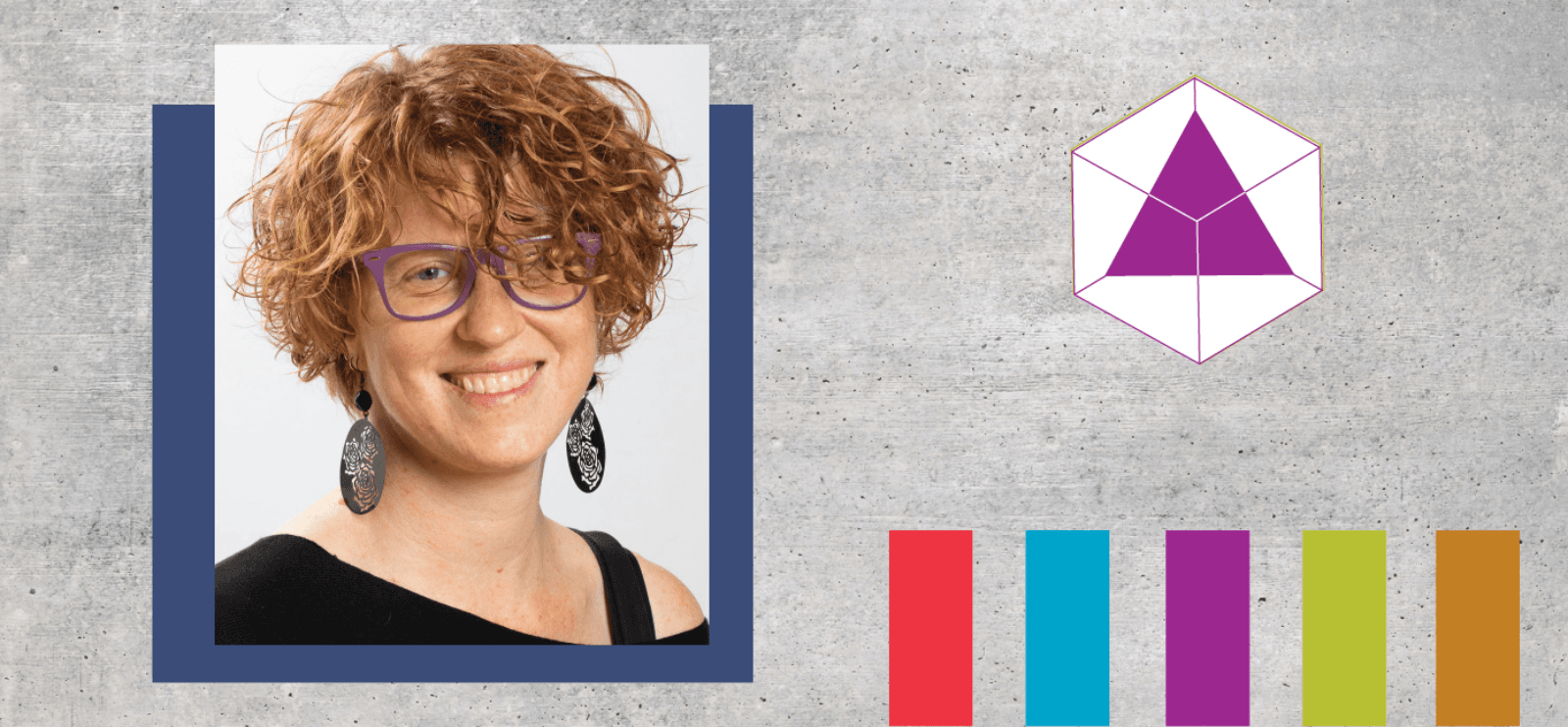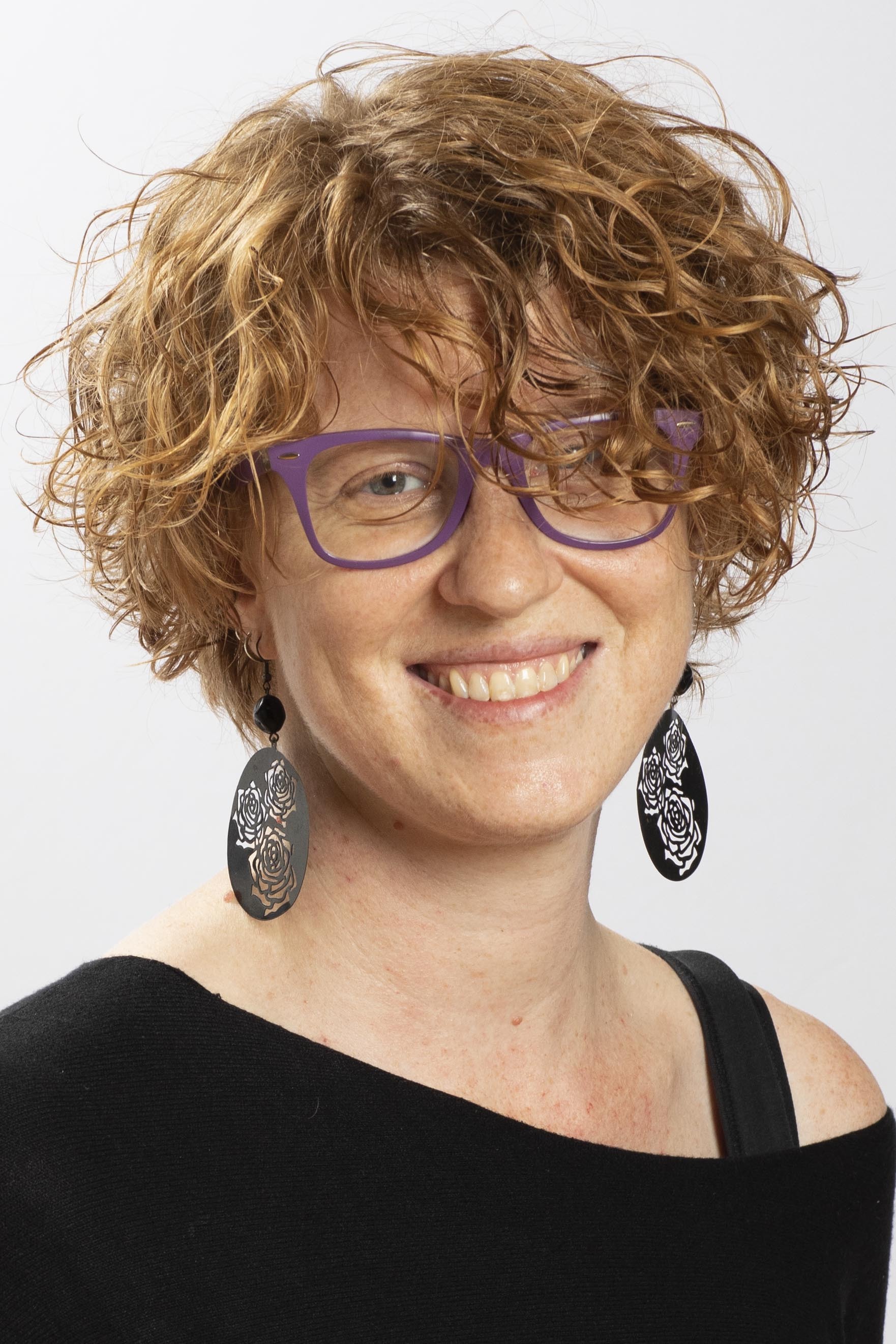A Walk Down Memory Lane
by Jasmine Pathan
Lisa Genzel’s Neuroscience Journey and the FENS-Kavli Network’s Decade of Influence

The Author
Inspired by an unusual blend of influences — including a fascination with Oliver Sacks’ enigmatic narratives — Lisa Genzel, a scientist at Radboud University in the Netherlands, revolutionizes memory neuroscience. As chair of the FENS-Kavli Network (2024-2026), Genzel shares her vision for basic science funding and interdisciplinary collaboration.

“It started with a classic Oliver Sacks-inspired love for neurology as a teenager,” reminisces Genzel. From early explorations in a high school thesis delving into the minds of serial killers to her pursuit of medical studies, Genzel’s fascination with “the weird brain” deepened.
While at the Max Planck Institute for Psychiatry in Germany, Genzel explored sleep research for her medical thesis due to her life-long struggle with insomnia. Genzel fell in love with the field, realizing sleep’s significant role in memory consolidation: “It’s not just us lying there,” Genzel mused, “Sleep really does something.”
The works of Dr. Adrien Peyrache and Dr. Richard Morris profoundly influenced Genzel’s research trajectory. Inspired by Peyrache’s investigations into sleep spindles and neural activity in rodents, Genzel shifted from studying slumber in humans to gain insights into sleep and memory consolidation in animal models. At The University of Edinburgh in Scotland, Morris’s work elucidating the impact of prior knowledge on memory spurred Genzel to developing novel rodent behavioral tasks to probe memory mechanisms.
Genzel’s groundbreaking research at Radboud University challenges a long-standing hypothesis in memory systems. Genzel explains that the brain has two memory systems: the fast-learning hippocampus and the slow-learning cortex. The field has long theorized that the cortex preserves memories while the hippocampus encodes new experiences without replacing old ones. Genzel’s team tested this hypothesis by combining electrophysiology, novel behavioral tasks, and a molecular intervention that increases cortical plasticity. This work demonstrated that it is possible to transform a slow learner into a fast learner by increasing plasticity. The result is an improved learning experience - albeit at the cost of overwriting preexisting knowledge.
As the current FENS-Kavli Network (FKNE) chair, Genzel’s passion for discovery influences her leadership. “The heart of FKNE’s mission lies in a dedication to fundamental inquiry,” says Genzel, emphasizing her commitment to preserving resources for basic science to address fundamental questions in neuroscience. She envisions a future of neuroscience research that “embrace[s] complexity and difficulty, not simplicity.”
“FKNE has supported transformative impact for a decade, and we’re thrilled to recognize this milestone at the 2024 FENS Forum,” said Dr. Stephanie Albin, program officer at The Kavli Foundation. “We look forward to ongoing growth and evolution that Lisa Genzel’s leadership will bring to the network, and ultimately to new advances in neuroscience.”
Reflecting on the FKNE’s 10th anniversary, Genzel highlights some of the network’s achievements, saying, “The network has done a lot to give back to the community.” She highlights the role that FKNE has had in developing future leaders, with former scholars taking on key roles in European neuroscience communities and promoting collaboration. “It’s all about building a community,” Genzel emphasizes, encapsulating the essence of FKNE’s mission.